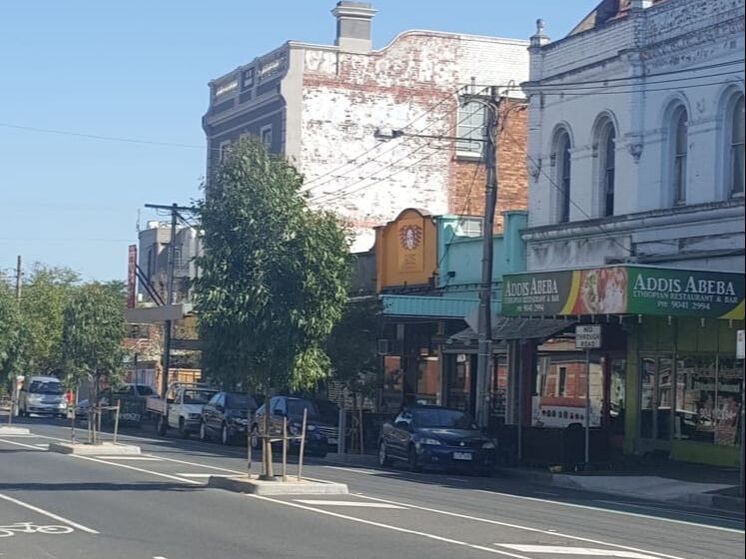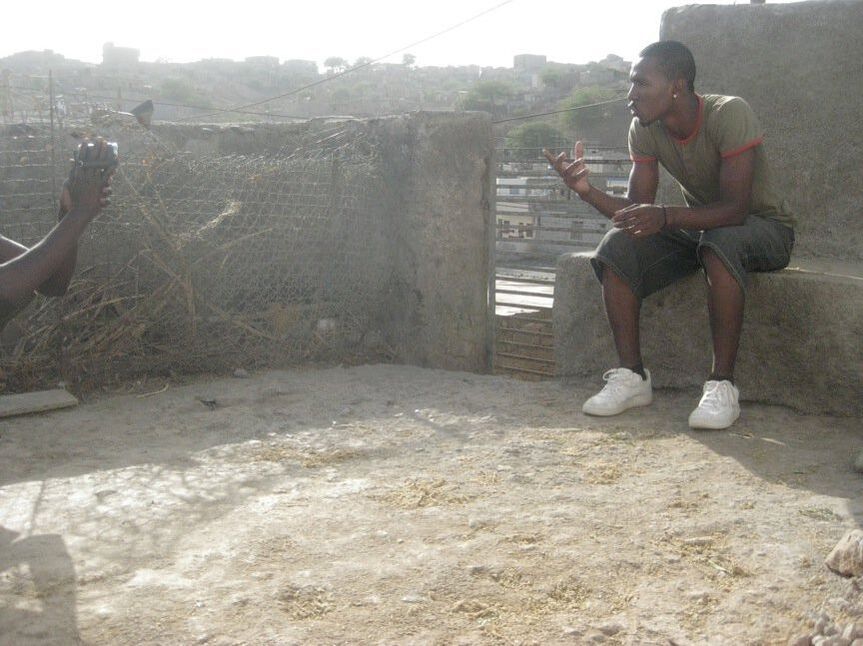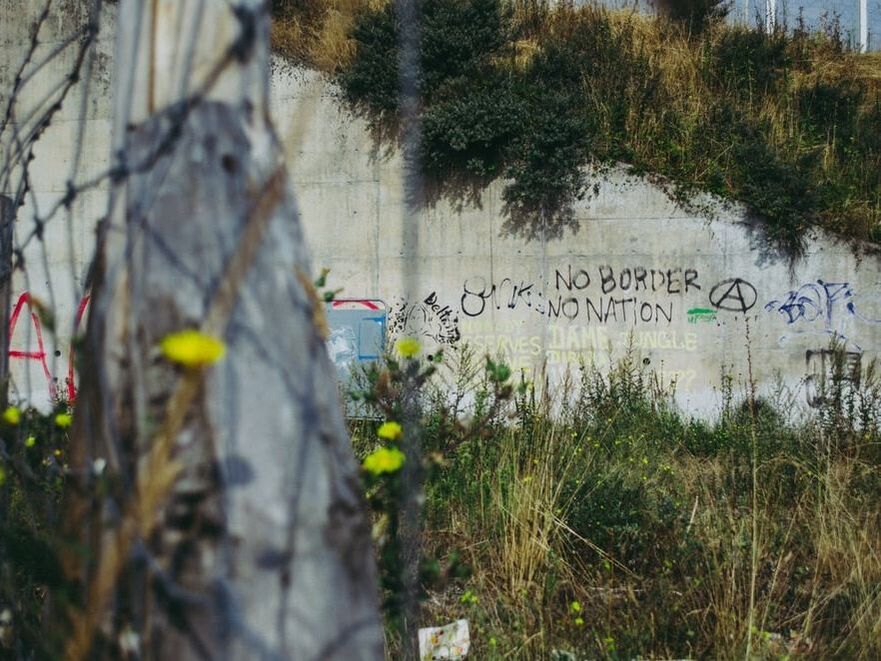|
|
|
When writing public-facing policy-related reports, it is pro forma that the author(s) put forward a series of recommendations. Most of the time, writing recommendations is a data-/evidence-led process. What is more, some of the standard academic advice on writing recommendations includes things like ensuring that the recommendations speak directly to the aims and objectives of the project, acknowledging any limitations of the research and, where relevant, proposing further research. It also strikes me that writing recommendations can be an afterthought – a task left until the final full stop has been put on the conclusions.
Over the past seven years I have been involved in co-authoring reports on subjects ranging from the public impact of Irish Republican and Loyalist processions in Scotland, workplace racism, and more recently racism, institutional whiteness and racial inequality in higher education. Towards the end of this summer, I carried out a thematic analysis of the recommendations put forward in key government and non-governmental reports relating to racism and racial inequality in Britain on behalf of the Stuart Hall Foundation. Eight recurring themes emerged from the analysis of the 589 recommendations advanced in thirteen reports, ranging from the 1981 Scarman Report into the causes of the Brixton riots, through to David Lammy MP’s 2017 report ‘into the treatment of, and outcomes for Black, Asian and Minority Ethnic individuals in the criminal justice system’. Truth be told, this research was a depressing and blunt reminder that the recommendations put forward in reports are rarely ever acted upon, even though the report findings are typically greeted with performative enactments of shock, shame and concern. Indeed, the failure to act evidences a longstanding lack of political commitment to unsettling the coordinates of racial hegemony and disturbing orthodox ways of doing things. So much so, I am reminded of the words of the late Black novelist, playwright, essayist, poet and activist, James Baldwin, who once asked, ‘How much time do you want for your "progress?"’.
0 Comments
The places in which people contest and negotiate cultural diversity are themselves meaningful. Places hold cultures, histories and memories, and shape people’s interactions. A suburb of a city is one such place.
In our Identities article, ‘Making a place in Footscray: everyday multiculturalism, ethnic hubs and segmented geography’, we explore the meaning and experiences of cultural diversity in Footscray, a suburb of Melbourne, Australia. We interviewed both residents of Footscray and others who had close connections to the suburb about their everyday experiences in the suburb, particularly around cultural diversity. Footscray is culturally diverse, both in terms of the number of people born outside of Australia and the range of nations from which people have migrated. While racism and racialisation form part of the dynamics of the suburb, Footscray, on the whole, is a place in which people embrace cultural diversity, and everyday diversity has come to be a defining feature of the suburb.
The themes of becoming and opposition as identification resonated with me, a white man from the US, as I searched for alliance strategies of anti-racism and anti-essentialism in historically the most creolised part of Europe: Portugal, and more specifically, the capital city of Lisbon.
I had spent the better part of the late 1990s and early 2000s with hip-hoppers, mostly young men of African-Indigenous descent, in the working-class neighbourhoods on the outskirts of São Paulo, Brazil, and considered myself relatively prepared to approach the former metropole of Lisbon as a 'Black' city. During research stints from 2007 to 2013, I realised that the spatial dimensions and historical depth of Blackness were much more complex than I originally had appreciated. In particular, local creole-speaking rappers in Lisbon, Portugal, who identify as Cape Verdean, sometimes Portuguese, sometimes African, occasionally European or even American, tuned me into the predicament and potential empowerment of Blackness: Black time depends on Black space; Blackness as encounter.
Have you ever thought about the way that language is used to frame our understanding of ourselves and other people? It wasn’t many years ago that public transport systems moved from calling people ‘passengers’ to ‘customers’ – a transition that reflects the privatisation of these services, and the now primarily economic nature of the relationship between the service user and provider.
On a global scale, we principally use the language of nation-states to frame self and other. These are not empty frames, but full of meaning, rights and responsibilities. Nation-states ascribe citizenship, enact power, arrange economies, provide healthcare and education (to varying degrees), determine freedom and influence (consider the power of a British passport over, say, an Iranian one), and control the movement of goods and people. But what happens when people challenge this nation-focused way of divvying up the world? How do we see the nationally non-compliant, and how does that influence how we ourselves are then framed? |
|
Explore Identities at tandfonline.com/GIDE |
|
The views and opinions expressed on The Identities Blog are solely those of the original blog post authors, and not of the journal, Taylor & Francis Group or the University of Glasgow.




